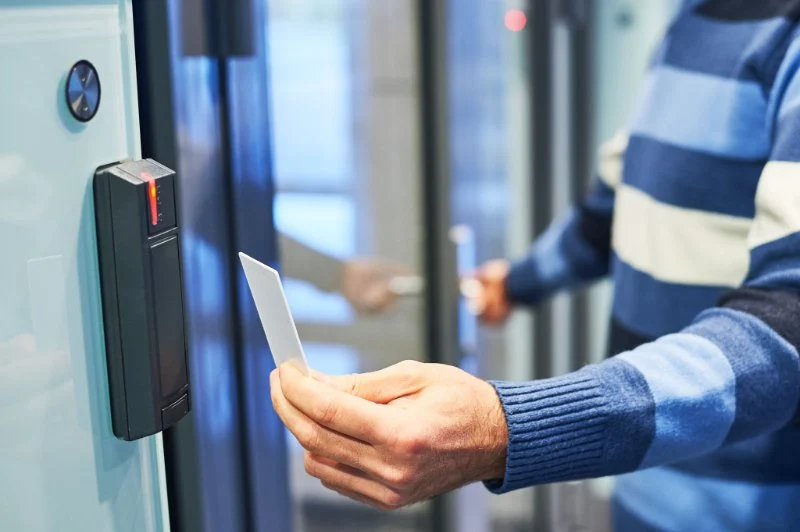
- 1. Introduction: Importance of Protecting Your Office After Hours
- 2. Best Locking Systems for Office Security
- 3. How Alarms Can Enhance Office Protection
- 4. Case Studies: Real-World Examples of Office Security Failures
- 5. Expert Tips for Comprehensive Office Security
1. Introduction: Importance of Protecting Your Office After Hours
Securing your office during off-hours is crucial in preventing theft, vandalism, and other security breaches. After hours, when your employees are away, your office may become a target for criminals. Whether you're a small business owner or managing a large corporate space, protecting your property is essential for safeguarding sensitive information and assets.
2. Best Locking Systems for Office Security
When it comes to protecting your office during off-hours, locks play a pivotal role. The right locking system ensures that no unauthorized individuals can access your office space. Below are some of the best options to consider:

Homeland Locksmith and Security
3685 Elizabeth Lake Rd, Waterford Township, MI 48328, USA
2.1 Deadbolt Locks
Deadbolts provide strong protection against unauthorized entry. For maximum security, it's recommended to install deadbolt locks on all external doors. These locks are difficult to pick and provide an added layer of defense beyond standard door locks.
2.2 Electronic Keypad Locks
Electronic keypad locks eliminate the need for physical keys. With these systems, you can easily change the access code and monitor entry logs. This is ideal for offices where security needs to be adaptable and easily managed.
2.3 Smart Locks
Smart locks offer the convenience of remote access control, allowing you to lock or unlock doors via your smartphone. This type of lock is highly secure and perfect for businesses with multiple locations or remote employees who need access to the office after hours.
2.4 Keycard Systems
Keycard systems are ideal for businesses that require strict access control. Employees are given keycards that allow them to access only certain areas of the office, making it easy to track who enters the building and when.
3. How Alarms Can Enhance Office Protection
Alarms are an essential part of any comprehensive security system. They act as a deterrent to potential criminals and can alert authorities in the event of a break-in. Here's how you can integrate alarms into your office security plan:
3.1 Motion Detector Alarms
Motion detector alarms can sense movement in restricted areas after hours. When someone enters a monitored space, the alarm triggers and sends an alert to a monitoring service. These alarms are ideal for larger office spaces or areas with high-value assets.
3.2 Door and Window Sensors
Installing door and window sensors can notify you when an entry point is breached. These sensors can be connected to a central alarm system, ensuring that any unauthorized opening of doors or windows is immediately detected and reported.
3.3 Panic Buttons
Panic buttons can be discreetly installed around the office and connected to an alarm system. In case of a security breach, employees or business owners can trigger the panic button to alert local authorities or security personnel immediately.
4. Case Studies: Real-World Examples of Office Security Failures
To further understand the importance of robust office security, let's look at a few real-world case studies of businesses that failed to properly secure their offices during off-hours:
4.1 Case Study 1: Break-in Due to Poor Locking System
A medium-sized company suffered a break-in after hours when thieves were able to bypass their outdated locking system. Despite the presence of security cameras, the lack of a deadbolt lock on external doors allowed the intruders to gain access. The company lost valuable office equipment and confidential documents.
4.2 Case Study 2: Theft Enabled by Lack of Alarm System
Another business experienced a significant loss when their alarm system failed to alert them during a break-in. The office was located in an area with high foot traffic, but there were no motion detector alarms in place to secure sensitive areas. The business lost both physical assets and client data, resulting in a severe impact on its reputation.
5. Expert Tips for Comprehensive Office Security
To effectively secure your office during off-hours, it's essential to have a multi-layered approach. Here are some expert tips:
5.1 Conduct Regular Security Audits
Conducting regular security audits will help you identify potential vulnerabilities in your office’s security setup. It’s essential to assess the effectiveness of your locks, alarms, and access control systems to ensure they meet your security needs.
5.2 Train Employees on Security Best Practices
Employees should be trained to lock doors, close windows, and set alarms when leaving the office. Make sure everyone is aware of their role in maintaining security during off-hours. You may even want to designate a security officer to oversee these processes.
5.3 Invest in 24/7 Monitoring Services
For added peace of mind, consider investing in 24/7 monitoring services. These services can provide immediate responses to security breaches, ensuring that help is on the way as soon as an incident occurs. Some companies even offer mobile alerts for business owners, so you’re always in the loop.
If you need more information on securing your office, visit Locksmith Finder for professional services and recommendations on the best security systems for your business.


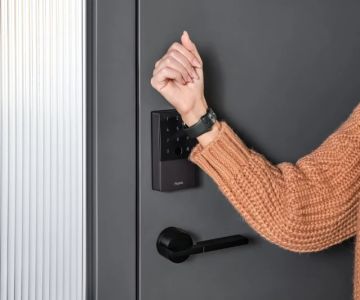

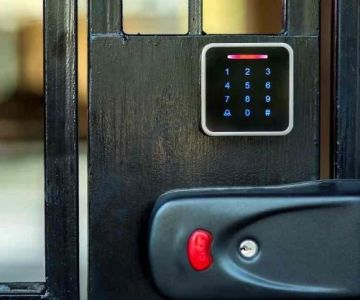

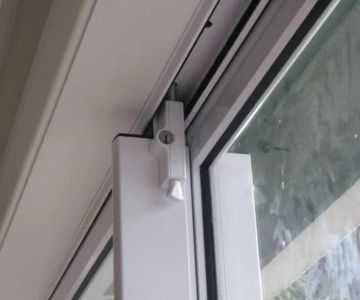
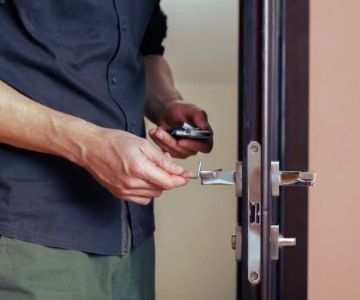
 KeyMe Locksmiths0.0 (0 reviews)
KeyMe Locksmiths0.0 (0 reviews) KeyMe Locksmiths0.0 (0 reviews)
KeyMe Locksmiths0.0 (0 reviews) KeyMe Locksmiths4.0 (12 reviews)
KeyMe Locksmiths4.0 (12 reviews) Minute Key4.0 (5 reviews)
Minute Key4.0 (5 reviews) KeyMe Locksmiths3.0 (23 reviews)
KeyMe Locksmiths3.0 (23 reviews)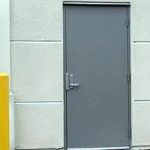 George The Locksmith4.0 (170 reviews)
George The Locksmith4.0 (170 reviews) How to Handle a Lost Car Key: Tips from Locksmith Experts
How to Handle a Lost Car Key: Tips from Locksmith Experts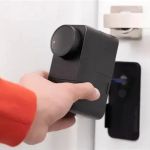 The Benefits of Installing Smart Locks on All Exterior Doors
The Benefits of Installing Smart Locks on All Exterior Doors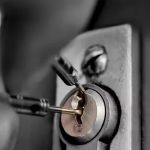 The Risks of Using Locksmith Services Without a Service Agreement
The Risks of Using Locksmith Services Without a Service Agreement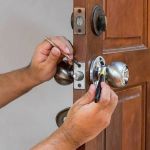 How to Choose the Right Locksmith for Your Lock Installation Services
How to Choose the Right Locksmith for Your Lock Installation Services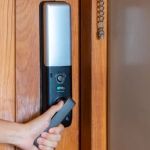 How to Install Motion-Activated Smart Locks for Added Security
How to Install Motion-Activated Smart Locks for Added Security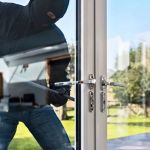 How to Secure Your Patio and Deck Doors Against Forced Entry
How to Secure Your Patio and Deck Doors Against Forced Entry